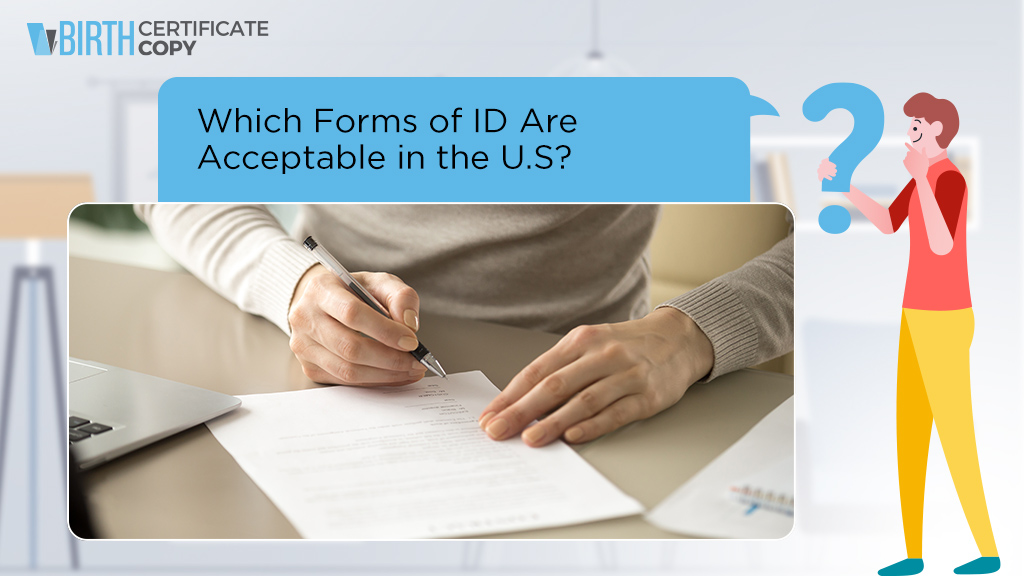When it comes to identification, having the right forms of ID is essential for various purposes, including travel, employment, and accessing government services. In the United States, there are several acceptable forms of identification that are widely recognized. In this comprehensive guide, we will explore the various forms of ID that are considered acceptable in the U.S. From government-issued IDs to vital documents, we will provide you with valuable insights on each form of identification to help you navigate the requirements efficiently.
Government-Issued IDs
Government-issued identification documents are among the most widely accepted forms of ID in the U.S. These include state-issued driver’s licenses and non-driver ID cards. Each state has its own Department of Motor Vehicles (DMV) responsible for issuing these identification cards. These IDs typically include a photograph, name, date of birth, and other relevant information.
Social Security Cards
A Social Security card is a vital form of identification used for various purposes, including employment and accessing government benefits. It displays your name and Social Security number and is issued by the Social Security Administration (SSA). While it is not considered a primary form of identification, it is often required when applying for other IDs or government services.
U.S. Passport Books and Cards
U.S. passport books and passport cards are widely recognized as valid forms of identification for both domestic and international travel. A passport book is an internationally recognized travel document that certifies your identity and citizenship. A passport card, on the other hand, is a wallet-sized card that can be used for land and sea travel between the U.S., Canada, Mexico, the Caribbean, and Bermuda.
Birth Certificates
A birth certificate is a vital document that provides proof of birth and identity. While it is not typically used as a primary form of ID, it is often required when applying for other forms of identification. To obtain a birth certificate, you can contact the vital records office in the state where you were born. In some cases, you may need to provide supporting documents to verify your identity or request a certified copy of your birth certificate.
Other Acceptable Forms of ID
In addition to the aforementioned forms of identification, there are other documents that are considered acceptable in certain situations. These include:
- Permanent Resident Card (Green Card): This card is issued to lawful permanent residents of the U.S. as proof of their immigration status.
- Employment Authorization Document (EAD): An EAD, commonly known as a work permit, is issued to individuals authorized to work in the U.S. temporarily.
- Tribal Identification Cards: Tribal ID cards issued by recognized Native American tribes can serve as a valid form of identification.
- Military Identification Cards: Military personnel and their dependents are issued military ID cards, which are widely accepted forms of identification.
Having the right forms of identification is crucial for various activities in the United States. Government-issued IDs, such as state-issued driver’s licenses and non-driver ID cards, along with Social Security cards, U.S. passport books and cards, and birth certificates, are widely recognized as acceptable forms of ID. However, it’s important to note that specific requirements may vary depending on the purpose and the institution or organization you are dealing with. Always ensure that you have the necessary forms of identification for your specific needs and keep them in a safe place. In case you need additional identification documents, follow the appropriate procedures to obtain them, such as contacting the relevant government agencies or vital records offices.
You can also check out: Real ID birth certificate requirements

